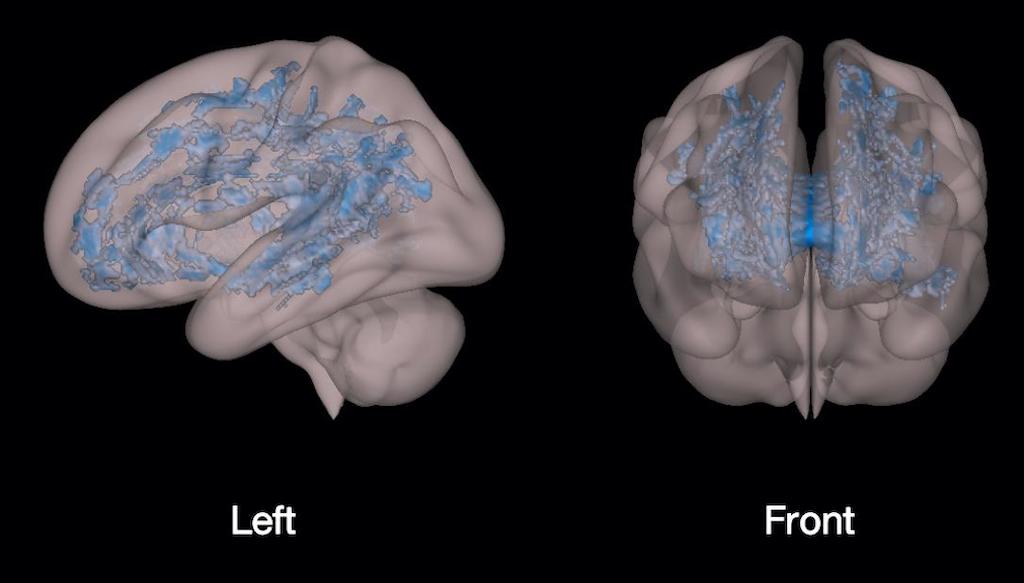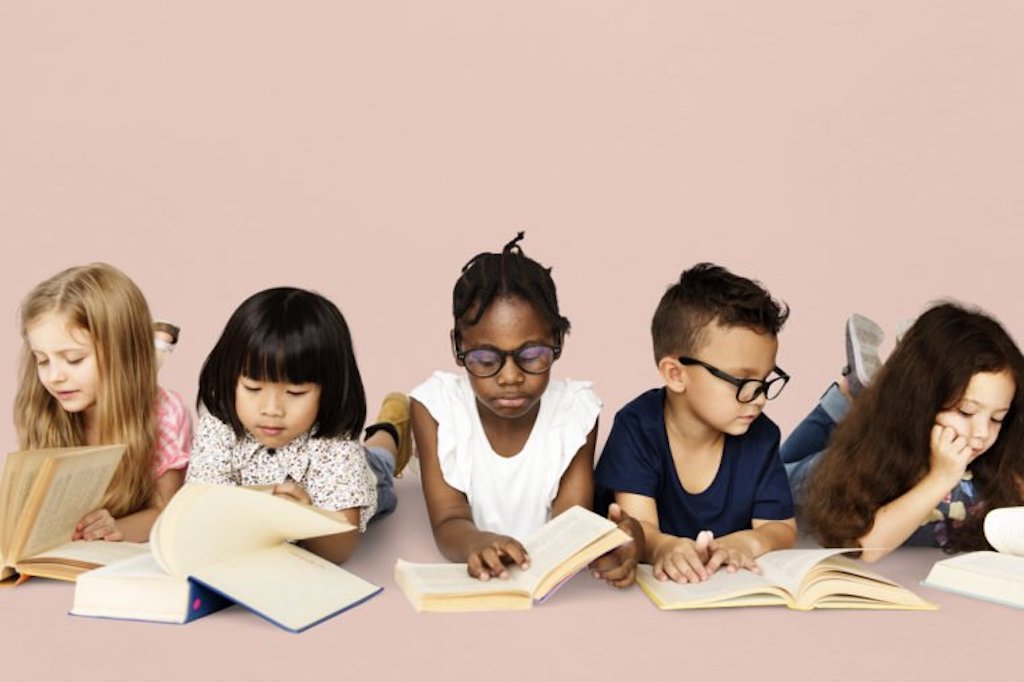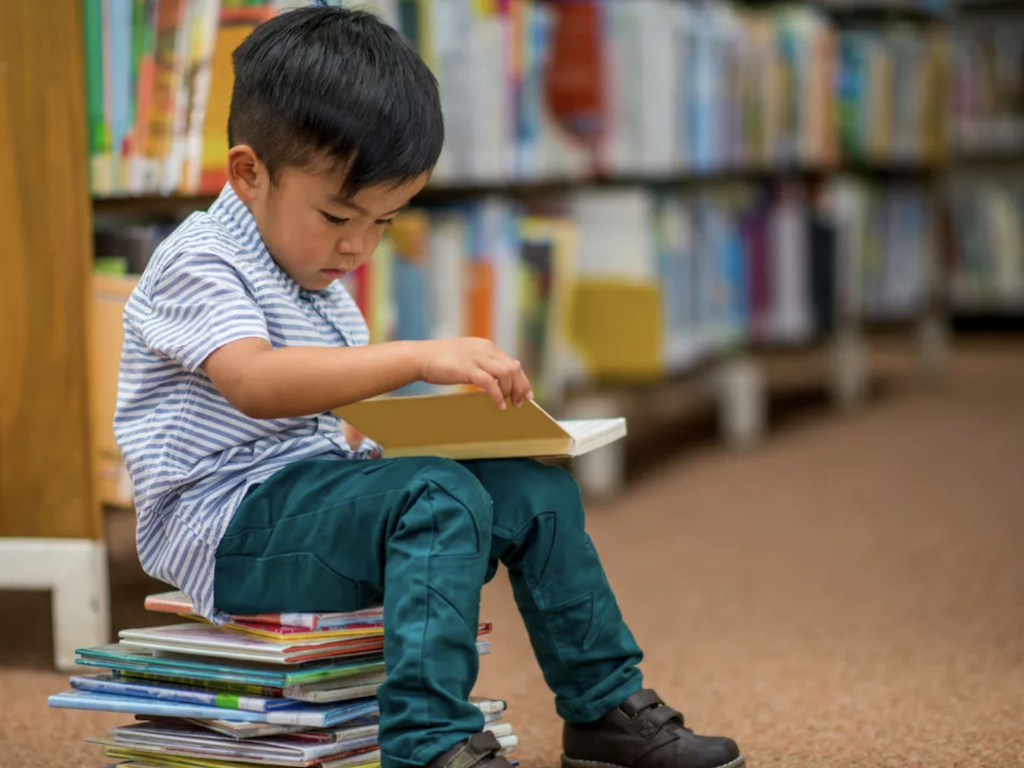3 Mins Read
Children undergo a crucial period of brain development during from their formative years of birth to around 5 years of age. MRI scans of preschoolers in a new study by the Cincinnati Children’s Hospital in the United States show those who are often read to have more organised white matter in the language and literacy areas in the brain. By contrast, the brain scans of children exposed to more screen time showed drastic underdevelopment and disorganisation of the white matter in the same areas.
Recent studies conducted by the Reading & Discovery Center of the Cincinnati Children’s Hospital have found a dramatic difference in cognitive development between children who are often read to compared to those who spent more time playing on screens.
MRI scans of children whose caregivers often read books to show a growth in organised white matter in the language and literacy region of the brain. These are the areas that support learning once they reach schooling age. In comparison, those preschoolers who spend an average of 2 hours per day playing on screens – including television, tablets, smartphones and other electronic devices – show underdevelopment and disorganisation in the same areas.

The studies are the first to provide neurobiological evidence for the benefits of reading and the potentially damaging effects of spending screen time for preschoolers’ brain development. Researchers used diffusion tensor imaging – a special type of MRI – in order to examine the white matter of 47 healthy children from ages 3 to 5.
Speaking to CNN, lead author and pediatrician Dr John Hutton at Cincinnati Children’s Hospital said: “This is important because the brain is developing most rapidly in the first 5 years. Kids who have more stimulating experiences that organise the brain are at a huge advantage when they get to school.”
Hutton added that “it’s really harder and harder for kids to catch up if they arrive behind.”
Increasing and organising white matter is critical for the brain to communicate across its various parts, which helps boost children’s functionality and ability to learn once they begin going to school. If this white matter organisation is hampered, the brain’s processing speed slows down, which can impact childrens’ learning.
Aside from brain scans, children were also tested on their cognitive ability. Children who played with screens for more than 1 hour a day had poorer emerging literacy skills, reduced ability to use expressive language and lower ability to name objects compared to those who spent more time with books.

The study adds to the growing base of evidence supporting the many benefits of reading books. In recent years, an increased focus on the health and wellbeing advantages of reading have spawned the rise of bibliotherapy, a form of therapy that uses reading as a treatment for anxiety, depression and personal challenges.
In addition to being used as an adjunct part of a treatment process for both adults and children coping with relationship issues or struggling with empathy, reading books can also act as a general wellness tool to maintain well-being and boost levels of happiness. A 2017 study, for instance, found that even recreational reading can help build up levels of happiness and resilience amongst hospital employees and in work relationships.
Thinking about what to read? Here are some of the best environmental books for your children and explore these 5 books on low-waste living or the upcoming zero-waste guide by Polly Barks.
Lead image courtesy of Pinterest.




